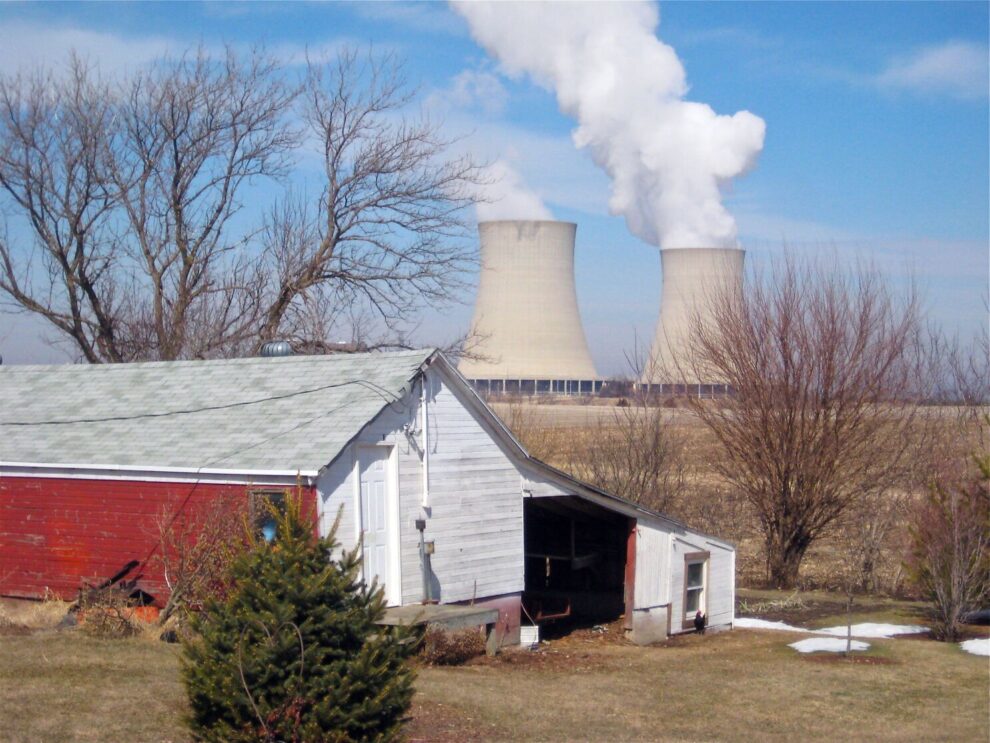It appears that Illinois’ decades-long ban on the construction of new nuclear facilities is going by the wayside.
The Illinois House passed the Senate’s measure that will allow the construction of smaller modular reactors beginning in 2026. An earlier version of the bill was vetoed by Gov. J.B. Pritzker after he said it was too vague and would allow the construction of large nuclear plants.
Proponents for the bill argue nuclear power is essential for the state’s goals of clean energy.
“We’ve had multiple energy facilities shut down, and there are more on the way, and that is forcing us to purchase dirty, generated energy for a higher price from out of state,” said state Rep. Lance Yednock, D-Ottawa, the sponsor of the bill. “We need to be a leader in clean energy generation and small modular nuclear reactors are a potential part of that portfolio.”
State Rep. Charlie Meier, R-Okawville, said with the governor’s goal of 1 million electric vehicles on Illinois roads by 2030, more nuclear power is needed.
“We don’t have the energy to charge those cars and keep our electricity on for our hospitals, our schools and our factories,” said Meier.
Some environmental groups contended that the technology is too far away to have legislators debate lifting the ban and energy options should be addressed in real time.
The measure passed by a 98 to 8 vote and now can be sent to the governor’s desk for his signature.
The construction of SMRs is in the infancy stage in the United States, and there is already a setback. This week, the company planning to build the first small modular nuclear plant in the country along with a Utah utility announced they were canceling the project due to escalating costs.
In a statement, NuScale and their partner, Utah Associated Municipal Power Systems accepted that “it appears unlikely that the project will have enough subscription to continue toward deployment.”
Another hotly contested energy bill in the Illinois General Assembly involved the construction of power lines. Gov. Pritzker issued an amendatory veto to a bill that would have granted downstate utilities the right of first refusal for such projects. Sponsors said they were abandoning their efforts for now and hope to bring back the right of first refusal bill in the spring. Other elements of that vetoed measure were approved in a separate bill by the legislature before they adjourned Thursday. Among those provisions were efforts to expand solar projects on schools, authorizations for studies related to offshore wind, energy storage and a high voltage underground transitions line, among other issues.
Source : Advantage News






























